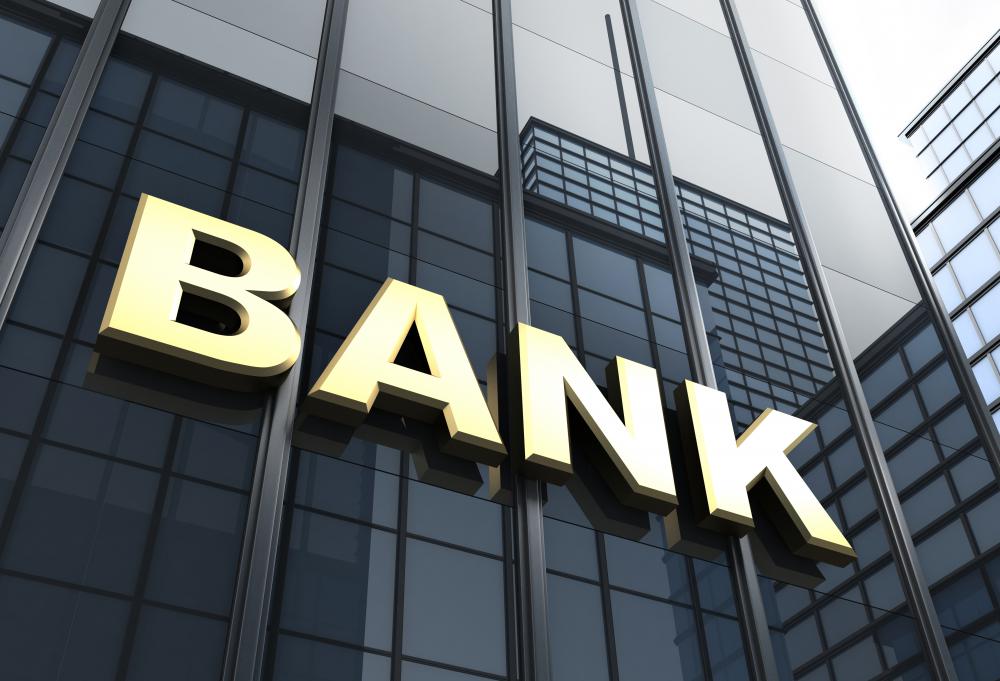At WiseGEEK, we're committed to delivering accurate, trustworthy information. Our expert-authored content is rigorously fact-checked and sourced from credible authorities. Discover how we uphold the highest standards in providing you with reliable knowledge.
In Finance, what is a Firm Order?
A brokerage firm executes trades on behalf of investors in the financial markets. Brokers also can manage internal proprietary accounts on behalf of an employer. A firm order in the financial markets occurs when a broker places a buy order or a sell order in the equities markets on behalf of a financial institution's proprietary account. This trader, a brokerage professional who buys and sells securities, typically must receive authorization by the brokerage firm's senior management team before placing a firm order with the company's money. Traders may also execute a firm order on behalf of a client's account.
In order to generate additional revenue streams on top of client fees and broker commissions, a brokerage firm might manage its own equity portfolio. These investment securities are held in a proprietary trading account. Although an individual broker might be responsible for placing a firm order, the securities that are bought or sold are the property of the brokerage firm.

Large investment banks have entire proprietary trading desks, known as prop desks, where professional traders invest large sums of a bank's own capital rather than clients' capital. This is a major revenue stream for large banks, and they select some of the most sophisticated traders to invest the firm's money. These traders are among the best the industry has to offer, so they are paid to place buy orders and sell orders at their own discretion. Many prop traders eventually veer off from a large bank to launch their own investment firm, such as a hedge fund or private equity business, both of which are entrepreneurial businesses that oversee investor capital.
Firm orders can extend to client accounts, as well. In the event that a brokerage firm receives what is known as blanket consent by a client, it is given unlimited access to trading that account. The alternative is to receive order-by-order consent from a client, which can take time and impact profits.
A broker with blanket consent can make trading decisions at will without having to request permission for each individual trade. By placing a firm order, a broker can react quickly to a piece of information that he might have on his desk without having to spend time communicating that news to the client. In the end, this could benefit the client in the way of better returns or profits, although it requires an element of trust for an investor to grant a broker autonomy over his or her account.
AS FEATURED ON:
AS FEATURED ON:











Discuss this Article
Post your comments